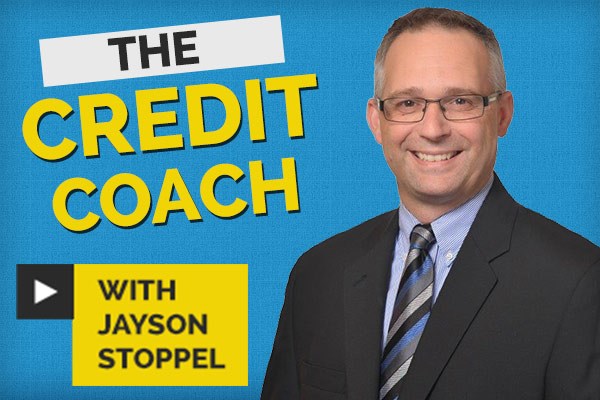Are you worried that your debt solution will become a problem for a friend or spouse or family member?
One common question I am often asked when consulting with someone about debt relief options is “would filing for bankruptcy affect my spouse?” Our finances are often one of our most closely-guarded personal items. Knowing that their bankruptcy will affect a loved one is often a stalling point when people are looking for solutions. I see this same fear when parents or grandparents have cosigned a loan for a child that has run into financial difficulty.
If you are worried about your loved one, read on. Here are a few of the most common causes for concern along with some tips for avoiding those awful discussions that follow when you’re faced with defaulting on a debt.
Co-signer, co-borrower or guarantor
In most cases, if you have a debt that has been co-signed or guaranteed by another individual, your actions — including late or missing payments and default on the debt — will have a direct effect on the individual that helped you obtain the loan or mortgage.
As the name implies, a co-signer or guarantor of a debt will generally be called on to repay the balance if you default. In they agreed to be a co-signor or guarantor, they were present with you at the time of obtaining the debt and had the terms of the borrowing explained to them.
If you find yourself in a situation where your default will create an obligation for the co-borrower you should take the following couple of steps:
- Ask your lender about the obligations of the co-borrower. Will the bank continue with regular payments from the other borrower? Will the guarantor be asked to repay the loan in a lump sum? Knowing what the lender will do next will help in the discussions when you take step two.
- Address the situation with the co-borrower. The co-signor may be fine with taking on the obligation. They did make the promise to help or be there when they signed on for the loan. If your co-borrower is your spouse, there’s a strong chance that he or she will be with you when you meet with the Licensed Insolvency Trustee — often a joint consumer proposal or debt management program completed by you and your spouse is what is necessary to solve your overall household debt difficulties.
However, it is trite to say that making the hard decision to forgo a large expense like a purchase, trip or renovation until you can qualify for that line of credit, loan or mortgage on your own is usually the best way forward.
Supplemental credit cards
Similar to a co-signed loan or line of credit, obtaining a supplemental credit card for a family member on your account can be risky. The credit card marketplace is filled with so many options and products that this blog would become a textbook in size if I attempted to explain them all.
Suffice to say that before you accept a supplemental card or attach yourself or someone you love to joint borrowing, make sure you read the card holder agreement. It’s important to know who is responsible for the purchases on the account. The primary cardholder may be solely responsible. All card holders could be jointly liable for all purchases. Or each individual card holder may only be obligated to repay the purchases on their individual card.
Does my bankruptcy affect my spouse’s credit rating?
Generally speaking, the answer is no. Your bankruptcy will only affect your credit rating, not your spouse’s rating. A quick review of my April blog will give you a refresher on credit ratings and how they work. What will affect your spouse’s credit rating is how you manage obligations where your spouse is a co-signor or jointly obligated under a credit card.
As with most problems in life, communication is critical in reaching out for a solution. If you can avoid joint borrowing obligations OR avoid credit altogether by saving for a purchase or forgoing the impulse to buy that new car, it can help you avoid putting a loved one in harm’s way. If your spouse, family member or friend have already agreed to be a co-signer, co-borrower or guarantor, keeping them informed of your financial health is a must.
Tell us your co-borrower credit story in the comments below, or share a solution that helped you, using #DebtSolutions on Twitter.
Jayson Stoppel is a Licensed Insolvency Trustee and Chartered Accountant with BDO First Call Debt Solutions. With over 18 years in practice, Jayson assists individuals, families and companies with financial difficulties in Thunder Bay and throughout Northwest Ontario. To reach Jayson by email: [email protected]. To find Jayson on Twitter: @CreditCoachJS.

